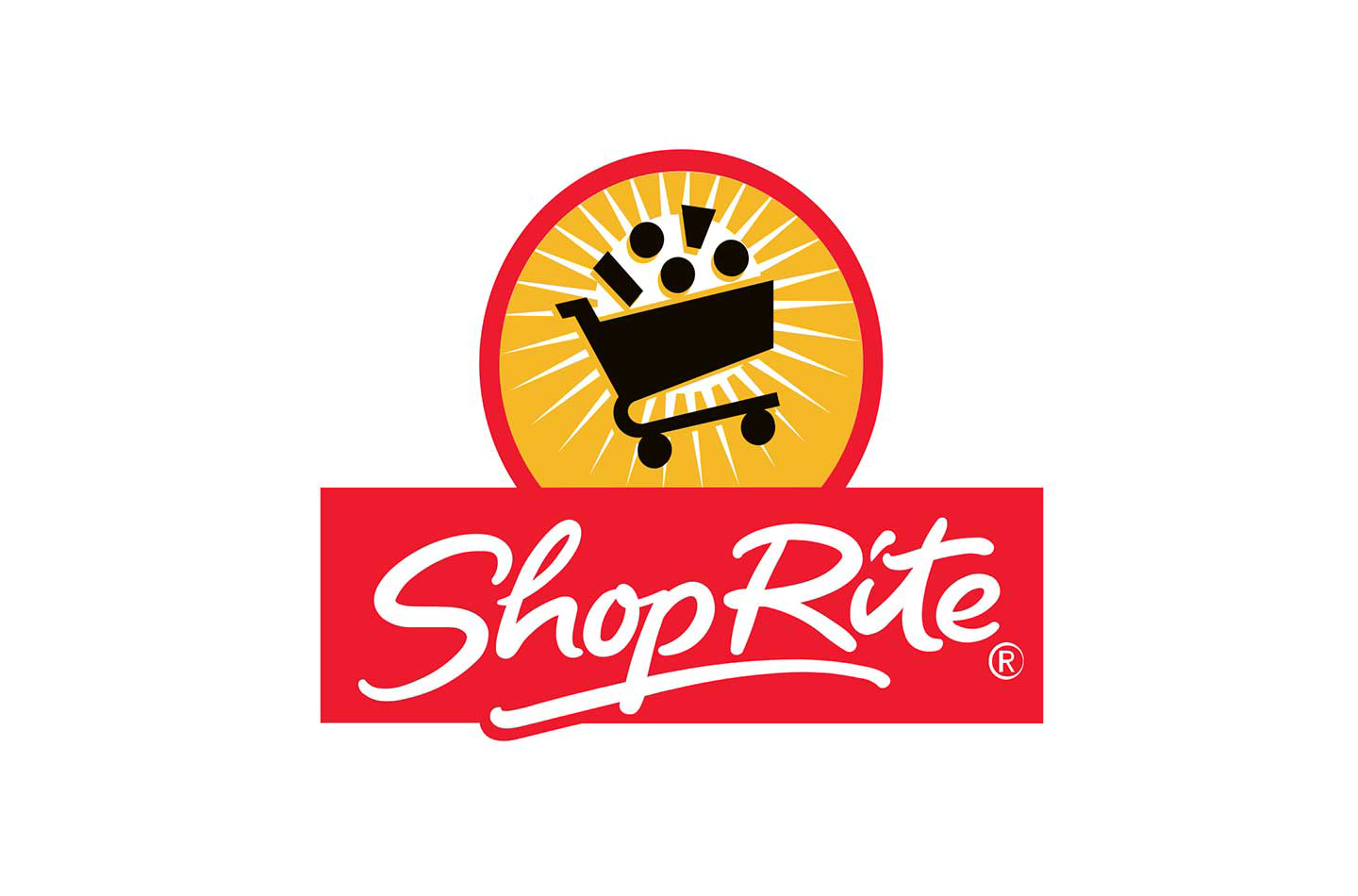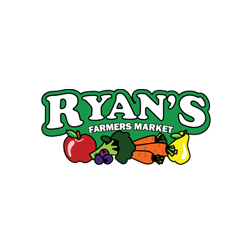Chris Miller is someone who can nerd out with a colleague over a moon and stars variety of watermelon — so much that shoppers will stop and ask about it. That's because produce is personal for him. It's a joy and pleasure. He concocted an ataulfo mango song to teach his two children to count to 10.
And for him, produce is also political.
The core of those beliefs became apparent in Miller after earning an environmental studies degree and taking a cashier position at MOM's Organic Market while looking for a foothold to start his career.
Turned out, the door cracked open that first day, when someone quit in the produce department. In his job interview, Miller had already shown such passion for the fresh-produce aspects of his environmental pursuits, that it was clear where he belonged. He was offered the other role immediately.
As this Rockville, Md.-based company grew from four stores to 22 in the dozen years since that first day, this guy is still at MOM's. It's where he's supposed to be, now as produce director: a mission-based company focused on protecting and restoring the environment.
Miller is PMG's 2022 Produce Retailer of the Year, selected among many great nominations for his leadership style, innovation and ability to cultivate supplier relationships in these tough times of so many supply chain challenges.
“It's produce: It's there to be eaten and enjoyed,” Miller says. “And if we can enjoy it in an honest way, I think that gets folks excited, whether it's a team member or customer. Excitement and enjoyment are so contagious.”
A conversation with this millennial-aged produce retailer reveals a disarming casualness and warmth.
Video: See Chris Miller receive his award
Don't let that fool you. Miller is grounded by a work ethic and open-minded approach to problem-solving that reflect the ethos of our time and what's to come: Value-driven professionalism that furthers not only the company, but also the produce industry and general public.
Miller's produce departments are 100% USDA-certified organic, and those stores — in Virginia, Maryland, Washington D.C., Pennsylvania, New Jersey and New York — are also recycle centers.
There's a huge emphasis on ensuring nothing in produce ends up in the landfill.
“We follow the food waste hierarchy,” he says.
Whatever produce scraps can be used in the retailer's cafes go over there. From there, they offer trimmings to people who pick them up for any number of uses, from hog farms to pet rabbits. And then, anything that doesn't get picked up goes to an industrial compost facility.
MOM's works with a regional group called Veterans Compost that makes bagged compost for gardeners. Then, the retailer sells that bagged compost at select stores during spring planting season.
“Full circle!” Miller says.
Produce pricing
Because of MOM's streamlined focus on exclusively organic produce, Miller doesn't experience the same challenges that a lot of retailers do in trying to find that balance between price points and product mix of organic and conventional, and how to merchandise it. “I do believe it makes it simpler for us as decision-makers and for our customers as they're deciding where and what they want to purchase.”
Quality over quantity is the name of the supply game with just about 175 to 250 stock-keeping units. That priority also applies to vendors and partners, he says.
He does his best to keep prices affordable, but organic strawberries can't be $4.99 year-round, especially when there's bad weather, supplies are low and the delivered cost is $7.
“With inflation, produce shouldn't go bad in people's fridges, right? So, we focus on freshness, quick turns, smaller departments. We focus on quality over quantity, and we turn over our departments regularly, focusing on seven-days-a-week delivery from our key supplier partners, which allows us to do that,” Miller says.
“It's a farmers market mentality, where every morning is a fresh start.”
With fewer dollars in pockets, it's more important than ever for aesthetic quality, eating quality and freshness to be noteworthy.
Produce is political
Miller is proud to be at a company unafraid to take political stances far beyond donating to causes and feeding people who are food-insecure. MOM's supports several specific social justice causes and government reforms for the betterment of all people.
Through a MOM's partnership with the Organic Trade Association, Miller lobbied on Capitol Hill. “I have probably the same level of cynicism with government that many share, but what I realized, even as a much-younger and less-trusting self, was that, at the end of the day, in those conversations, the representatives were interested to hear what was going on and what the realities were.”
More recently, Miller was invited to sit in the retailer seat for the International Fresh Produce Association's first organic committee.
“We've had some really insightful conversations, and we're trying to be a voice for the organic produce industry,” he says, adding that he's had the opportunity to lobby representatives who deal with the farm bill. “I'm hoping that, throughout my tenure and then beyond, this organic committee with the International Fresh Produce Association becomes a voice of organic produce within the regulatory space.”
Growing
In his 12-plus years in the industry, Miller's roles in produce grew, well … organically.
After starting as a produce clerk, Miller became assistant produce manager, produce manager and then regional produce manager and field merchandiser. About five years ago, he started running the company's produce operations and has since increased sales, grown produce profits, improved operational efficiencies and done it all with the company's mission and core values every step of the way, his colleagues and vendors say.
“Chris is the reason that every single MOM's store has the highest-quality produce in the area,” says CEO Scott Nash, who founded the company in his mother's garage in 1987, starting with delivery.
When describing Miller, Nash named just about every metric of a stellar produce retailer: “He sources from the best, provides thorough training programs for our produce managers, is amazing at building relationships and is basically a cultural icon here at MOM's. He is adept at pricing, margins, reducing waste and merchandising.”
Produce is personal
When Miller describes his experience with a particular peach or apple, it makes you hungry. You can feel his authentic excitement.
“Our primary metric any given day of the week is: Are we supplying the best-quality produce to our customers with the best customer service that we possibly can? And when I say, ‘customer service,' for me, it really means a personal touch,” Miller says. “It means that we have relationships with our customers who are regulars, and we are looking for new regulars by looking at every interaction as an opportunity to teach something about produce and to share something that is amazing.”
“I want folks to feel the way I feel when I bring something home or I have a friend in town. I want to be like, ‘This is what you have to taste.'”
Training and education
No matter how much of an expert you become, Miller believes in remaining humble and open to learning more.
His produce managers are well educated, and not only passionate about product, but really passionate about getting new people passionate about product, Miller says.
“So, it's like it's this never-ending chain of folks who are learning and just really wanting to get the best into people's hands,” he says.

Photo: Courtesy of MOM's Organic Market
Not everybody's going to know the nuances among pluot varieties.
“If a customer comes in and says, ‘What's the difference between this white nectarine and this yellow nectarine?' and there's a staff member who's maybe newer, or it's their first stone fruit season, we encourage them to say, ‘You know, what? I'm not sure. Let's cut it together,' and really use that as a moment of joint learning.”
More obscure questions can always be looked up online, too.
It's about going over to the produce department, tasting something with a colleague, chatting about how amazing the thomcords are right now, for example, and that this is the grape to have. These are the conversations Miller encourages his regional managers to have with their produce managers, and produce managers with their managers, and training staff and their team members.
“I think we have to realize that, yeah, we're experts, but we're not at the same time. Let's all be learning together,” he says.
Time and time again, he'll do a store walk with a produce manager where the chat expands beyond the two of them.
“We'll get real nerdy about it, and be like, ‘Oh, man, I love the acid-to-sweet balance on this one.' And then, people will overhear, and they'll be like, ‘So, that's a good one.' And we're like, ‘Yeah, you should definitely try this right now.'”
The team
Leaders are only as good as the team they manage. So, one of the accomplishments Miller is most proud of is building out a strong regional produce team, which enables the company to build out strong store produce teams. They work on store efficiencies to enable the produce managers to do what they do best — to sell produce to customers and be on the sales floor, working with produce.

“I'm very proud of the folks that are on our small regional team and their mentality of moving that vision out into the stores of what can we do, rather than how we did it before,” Miller says.
Justin Smith is one of those regional team members, who Miller calls his support specialist. While Miller led the team, Smith created a predictive ordering tool that streamlines the process for produce buyers and managers, enabling more consistency in the mix of the brands and suppliers. It reduces daily ordering time from about one and a half hours to 30 to 45 minutes.
“We want folks out with customers, not writing orders, as much as we can,” he says.
Miller has also worked with the in-house design workshop to build and improve merchandising tables and custom fixtures, so that, over time, the systems are more efficient and flexible.
Supplier relationships
Miller has developed and cultivated stronger contract and seasonal contract-based relationships with key suppliers, which improves consistency, whether that means in quality or retail pricing. “There are challenging times on both ends of the spectrum, but as long as we communicate and work together, it's mutually beneficial, and we can get through those challenges,” he says. “So, I believe in going deep with the right suppliers. I believe in sticking with the folks who have done right, by us.”
Produce may be one of the fastest-moving and most perishable of grocery departments, yet it's all about the long game, Miller says.
“I have, over the years, seen a lot of benefits of staying true and holding tight, even when things get tough working through challenges with suppliers,” he says. “If we're with you, then you're with us, and that allows us to continue to have advantageous angles on the market, as well, when things are challenging.”
Brian Dey, senior merchandiser at Four Seasons Produce, Ephrata, Pa., has worked with Miller for years as one of those supply partners. He's met few people as passionate as Miller is about people, produce, sustainability and the environment.
“His knowledge of fresh produce is ridiculous, he is a customer service machine, and is absolutely loved and admired by everyone at MOM's, both management and customers,” Dey says. “He also is held in a very high regard with each vendor he works with, both full-line wholesalers and local vendors alike.”
Miller strives for MOM's to be a good partner to the wholesale distributors that put the food on shelves seven days a week, as well as the growers and their organizations, too. The retailer partners with a regional cooperative of 100-plus Amish growers in Pennsylvania, combining great local produce grown by small family farms with the efficiencies of a wholesale distributor and aggregator.
While Miller strives to understand the realities growers face and be flexible when possible, MOM's still has to be competitive. The store locations are situated in some of the more competitive marketplaces, such as Washington D.C., New York City and, soon, Boston.
“I certainly don't want to be 100% Pollyanna about it. It's always going to be a realistic conversation. And to me, it goes back to those transparent relationships,” he says.
Being flexible during hard times goes both ways in a good partnership.
“Chris operates with the highest level of integrity with everyone,” Dey says, “and to say that he is well respected in this industry is a tremendous understatement.”


















